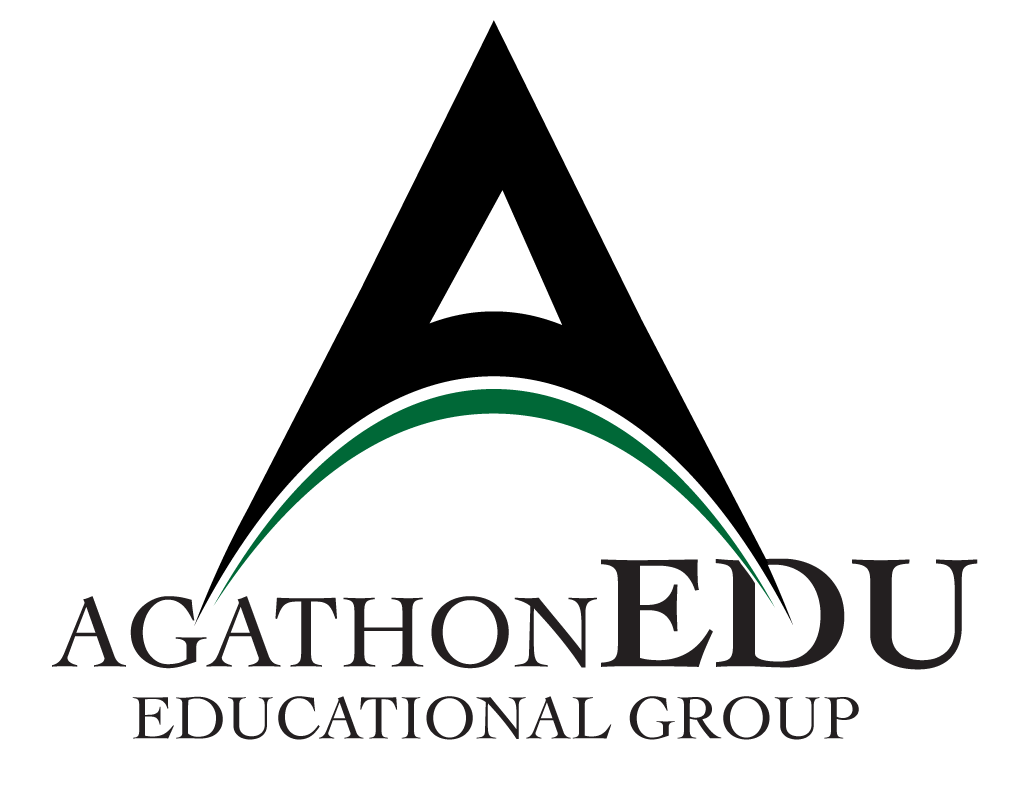
Course Faculty
John Oglesby, MA
Associate Professor of Biblical Education and Leadership
Christopher Cone, ThD, PhD, PhD
Research Professor of Biblical Education and Leadership
Paul Weaver, ThM, PhD
Professor of Biblical Education and Leadership
Steve Spurlin, MTS, DTS, PhD
Associate Professor of Biblical Education and Leadership
Roger Fankhauser, DMin
Professor of Biblical Education and Leadership
HIST1103 examines the history of the ancient world through study of the emphases of each book of the Greek New Testament and focusing on the history of each and relating each book to the larger picture of New Testament history.
Undergraduate Lounge
[bp_better_messages_chat_room id=”1109″]
Course Syllabus
Course Syllabus / HIST1103 Ancient World History II
Christopher Cone, ThD, PhD, PhD
Paul Weaver, ThM, PhD
Roger Fankhauser, DMin
Steve Spurlin, TMS, DMS, PhD
John Oglesby, MA
- CBU PROFESSOR(S) BIO
Dr. Christopher Cone is the professor of record for the course. He serves as President and CEO of AgathonEDU Educational Group. Cone has served as President of Calvary University and as Research Professor of Bible and Theology, in executive and faculty roles at Southern California Seminary as Chief Academic Officer and Research Professor of Bible and Theology, and at Tyndale Theological Seminary as President and Professor of Bible and Theology. He has served in several pastoral roles and has also held teaching positions at the University of North Texas, North Central Texas College, and Southern Bible Institute. His articles are published at www.drcone.com, and he is the author and general editor of fifteen books.
John Oglesby presently serves as Executive Vice President and professor at Vyrsity with previous experience in administration and academics at Calvary University. John received his BS in Advanced Biblical Studies as well as his MA in Bible and Theology from Calvary University. John has taught classes in Philosophy and Worldview, Theology, and Biblical Studies. His writing can be found at johnoglesby.org.
Dr. Steve Spurlin is Associate Professor of Transformative Learning and Leadership for Vyrsity. Dr. Spurlin received his BA in Music and BS in Psychology from Williams Baptist College. He earned his Master of Theological Studies from Tyndale Biblical Institute, his Doctor of Theological Studies from Scofield Graduate School and Theological Seminary, his PhD from Trinity Graduate School of Apologetics and Theology and has done doctoral work at Calvary University. His work and ministry experiences include worship and concert ministry, youth ministry as well as several years in the psychiatric and case management fields. Dr. Spurlin has spent the last fifteen years as teaching pastor, the last ten years being at Cornerstone Bible Church, Lubbock, Texas.
- COURSE DESCRIPTION
This course examines the history of the ancient world through study of the emphases of each book of the Greek New Testament and focusing on the history of each and relating each book to the larger picture of New Testament history.
III. COURSE OUTLINE
Module 1 – Introductory Matters – Steve Spurlin, TMS, DMS, PhD
A brief look at foundational aspects of studying Ancient World History as it relates to the Greek New Testament including source material, interpretive methodology, and theological method.
Reading: Benware, Part 1
Cone, p. 163–169
Module 2 – The Gospels – Christopher Cone, ThD, PhD, PhD
Dr. Christopher Cone presents ancient world history as it is found within the first four books of the Greek New Testament covering a synthetic overview as well as its relation to other world events that do not appear within the gospels.
Reading: One of the four gospels (Matthew, Mark, Luke, or John)
Benware, Part 2
Cone, p. 169-192
Module 3 – The Acts of the Apostles – Paul Weaver, ThM, PhD
Dr. Paul Weaver presents the historical events found within the Acts of the Apostles–the fifth book in the Greek New Testament.
Reading: The Acts of the Apostles
Benware, Part 3
Cone, p. 194–202
Module 4 – Pauline Epistles I – Paul Weaver, ThM, PhD
Dr. Paul Weaver presents the historical events surrounding and within some of the Apostle Paul’s earlier letters found within the Greek New Testament – 1 & 2 Thessalonians and 1 & 2 Corinthians.
Reading: 1 & 2 Thessalonians
Benware, p.163-190
Cone, p. 206-214
Module 5 – Pauline Epistles II – Christopher Cone, ThD, PhD, PhD
Dr. Christopher Cone presents the historical events surrounding and within the Apostle Paul’s first letters found within the Greek New Testament – Galatians and Romans.
Reading: Galatians and Romans
Benware, p. 152-162, 191-206
Cone, p. 212-220
Module 6 – Pauline Epistles III – John Oglesby
John Oglesby explores the historical events surrounding and within the letter written by the Apostles Paul while he was imprisoned during his first imprisonment in Rome.
Reading: Galatians and Philippians
Benware, p. 207-224
Cone, p. 221-229
Module 7 – Pastoral Epistles – Roger Fankhauser, DMin
Dr. Fankhauser explores what is often referred to as the pastoral epistles – 1 & 2 Timothy and Titus.
Reading: 1 & 2 Timothy and Titus
Benware, p. 225-239
Cone, p. 230-234
Module 8 – General Epistles I – Steve Spurlin, TMS, DMS, PhD
Dr. Spurlin explores the books of James and Hebrews, providing a synthetic overview as well as a glimpse into the world events surrounding these books.
Reading: James and Hebrews
Benware, p. 240-249
Cone, p. 203-205, 235-237
Module 9 – General Epistles II – Roger Fankhauser, DMin
Dr. Fankhauser explores the remaining general epistles, providing a synthetic overview as well as a glimpse into the world events surrounding these books.
Reading: 1&2 Peter, Jude, 1, 2, & 3 John
Benware, p. 250-269
Cone, p. 238-246
Module 10 – Revelation – John Oglesby
John Oglesby presents a synthetic overview of the events within the book of Revelation, relating past history and future events.
Reading: Revelation
Benware, p. 270-281
Cone, p. 247-253
- COURSE READING
Required Texts:
- All CBU courses use the Bible as a primary textbook. Translations used for coursework include any of the following: NASB, ESV, KJV, and NKJV. Other translations/versions may be used for complementary study and research.
- Benware, Paul. A Survey of the New Testament. Chicago, IL: Moody Press. ISBN: 978-0802424839. $17.00
- Cone, Christopher. A Concise Bible Survey: Tracing the Promises of God. Fort Worth, TX: Exegetica Publishing. ISBN: 978-0976593034. $16.00.
- LEARNING OUTCOMES
Course Learning Outcomes (CLOs)
- To establish an understanding of global historical events from roughly 400BC – 100AD.
- To provide principles for understanding past events and applying principles found within to the present.
- To provide a synthetic overview of the Greek New Testament.
- To provide a model for synthetic overview.
Program Learning Outcomes (PLOs)
- To prepare Learners for roles in transformative education teaching and service.
- To provide Learners a foundation for effective individual and organizational leadership in diverse environments.
- To ensure Learners demonstrate worldview foundation for empowering people and building communities.
- To help Learners formulate a Biblical approach to transformative learning and leadership.
CBU Learning Outcomes (CBULOs)
- Critical Thinking, Problem Solving, and Research – Learners will demonstrate ability to think critically, solve problems, and conduct interdisciplinary research at a level appropriate to their program.
- Personal Growth – Learners will understand how learning is related to personal growth, and will be challenged to grow in their thinking, communication, conduct, and engagement with others.
- Skills Development – Learners will advance in skills related to their area of learning, demonstrating a level of competency appropriate to their program.
- Social Responsibility – Learners will appreciate the diversity in and value of others as designed by our Creator, and will grow in willingness and capability to serve others.
- Worldview Applications – Learners will become capable at thinking from a worldview perspective and will understand the relationship of description and prescription, so that they can ground their actions in sound principles.
- ASSIGNMENTS AND GRADING (1000 Points)
- Module Assessments (25 points each x 10) 250 Points (Video)
- Course Content Assessment 250 Points (Essay)
- Reading Content Assessment 250 Points (Written Summary)
- Competency Assessment –
- Writing: Choose a book of the Greek New Testamnet and write a 2000 word paper providing an outline of the book, an account of important historical events surrounding the book, the main theme and lessons of the book, and applications and significance to one’s worldview.
- Creative Timeline: Create a timeline which displays all of the important events surrounding the Greek New Testament. This timeline should be creative providing great textual information but also communicating a lot at a glance.
- Recorded Presentation: Give a 45-60 minute presentation on a topic related to the events in the Greek New Testament.
250 Points
VII. GRADING SCALE
91-100% A
81-90% B
71-80% C
61-70% D
0-60% F
VIII. CARNEGIE UNIT CREDIT HOUR EQUIVALENT
Total Hours of Module Content: 20 hours
Total Hours of Reading Content: 40 hours
Total Hours of Minor Assessments: 30 hours
Total Hours of Major Assessment: 30 hours
Total Hours of Competency Assessment: 15 hours
Equivalent of 3 Credit Hour (135 hours of total course time)

